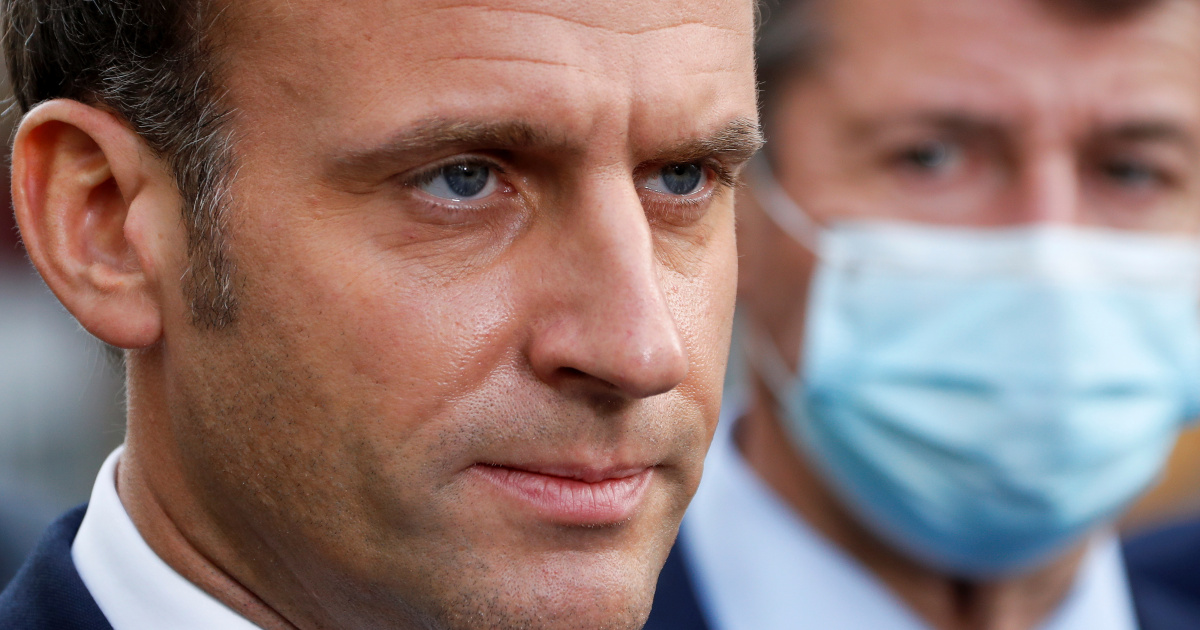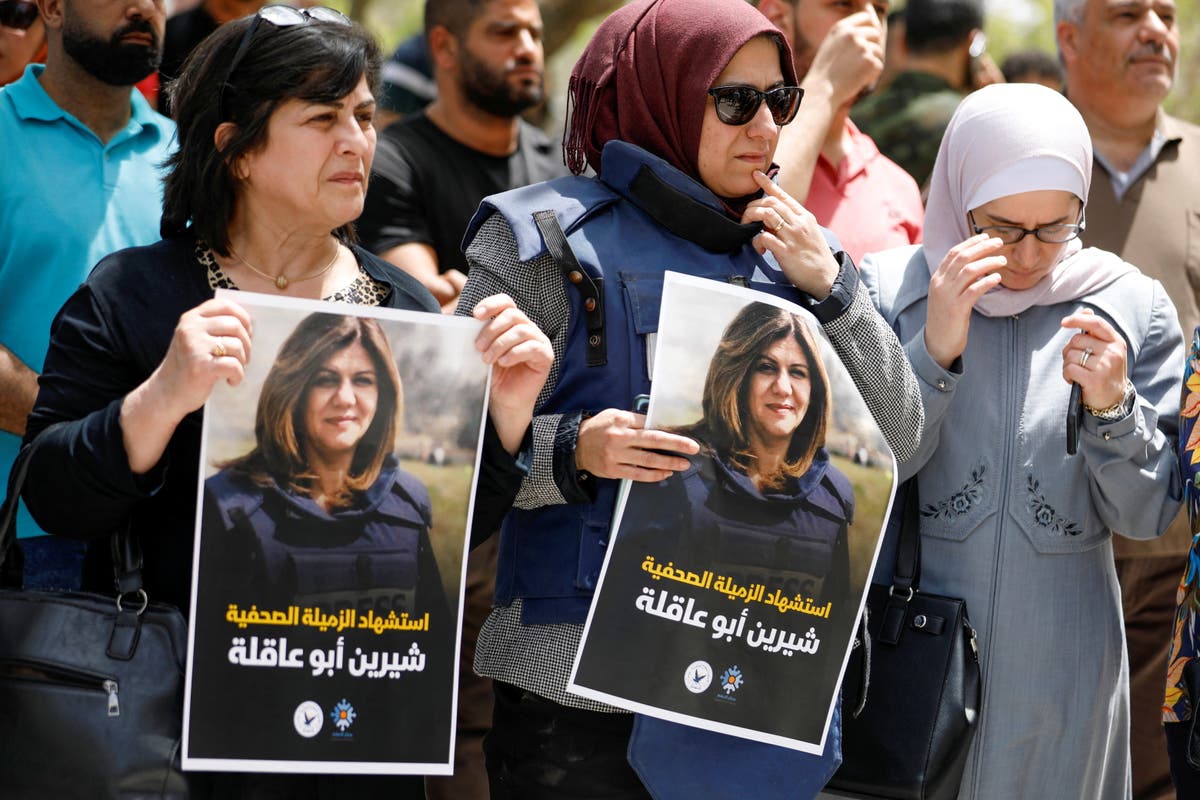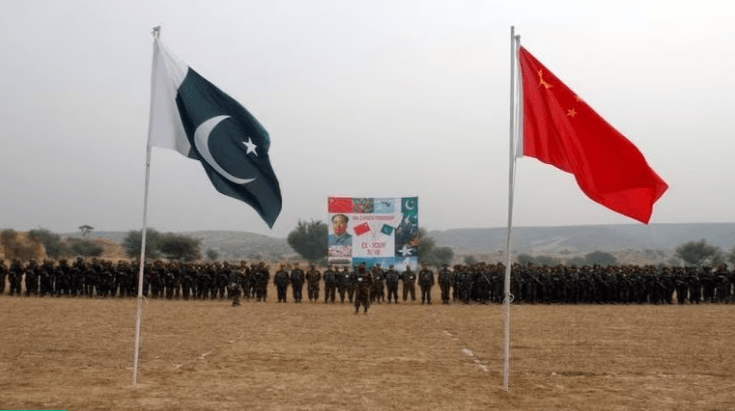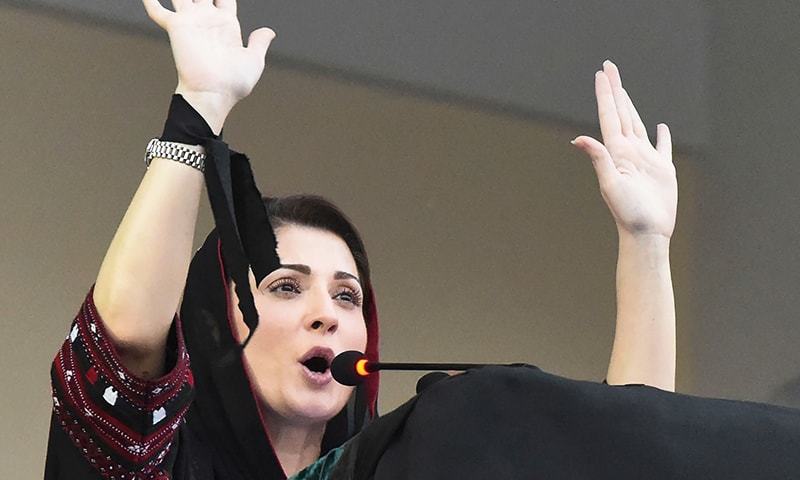Why did the Senate recently try to make academic freedom in France conditional on respecting the values of the Republic?
The month of October was a tumultuous one for France’s President Emmanuel Macron.
At the beginning of the month, as he unveiled his government’s strategy to combat radicalisation and religious separatism, he claimed that “Islam is a religion that is in crisis all over the world today”. These comments, coupled with his passionate defence of the publication of caricatures depicting Prophet Muhammad, have led to widespread anti-France protests in countries all over the Muslim world.
The twin tragedies of the murder of school teacher Samuel Paty, and the subsequent fatal stabbings in Nice, did nothing to dissipate the protests. In response to calls for a boycott of French-made products, Macron was forced to give an interview to Al Jazeera to explain his position.
Back home, driven by a desire to appear tough on terrorism and cast himself as the defender of the values of the French Republic, Macron and his government responded to Paty’s murder with a flurry of announcements targeting Muslim organisations. They promised to ban several Muslim NGOs deemed complicit in supporting extremism, including the Collective Against Islamophobia in France (CCIF), an organisation that monitors anti-Muslim hate crimes and has long been the target of unsubstantiated political criticism
It is not just Muslim organisations that are in the firing line. On October 22, Macron’s education minister, Jean-Michel Blanquer, claimed that so-called “islamo-gauchisme” (“Islamo-leftism”) was doing immense damage inside France’s universities. The insinuation was that French academics and their students are tacitly promoting a dangerous, “separatist”, anti-republican ideology and justifying self-censorship in the name of political correctness. According to Blanquer, French universities, and in particular their social sciences departments, are “the breeding ground for a fragmentation of our society and a vision of the world that converges with interests of the Islamists”.
This unwelcome intervention in France’s intellectual life provoked a mixed response. One group of intellectuals and academics enthusiastically supported Blanquer’s comments by publishing an open letter that emphasised the pernicious spread of “Islamism” and other “anti-Western ideologies” in French universities. Many others, however, were shocked to be implicated in acts of terrorism through “ideological complicity” and in another open letter denounced such claims as a “witch hunt” and an attack on academic freedom.
France’s culture wars
Blanquer’s condemnation of French universities did not come merely as a response to the recent terror attacks. His critique goes back to at least the mid-2000s when the country went through a polemical and multi-faceted debate about the legacies of French colonialism. It was in this period that some intellectuals and academics began to worry openly about the penetration of Anglo-American “postcolonial” and “multicultural” ideas into university departments, as well as expressing unease at the supposed denigration of white people and France’s colonial “achievements”.
In recent years, these criticisms have been amplified by transatlantic racial politics. Back in June, when anti-racism protests were at their peak in France in the wake of the police killing of George Floyd in the US, President Macron had claimed French universities were responsible for the “ethnicisation of social issues” which would lead to “splitting the Republic in two”. Such accusations were levelled in the past at multicultural and post-colonial theories, both of which were seen to challenge France’s colour-blind approach to issues of race and diversity. Today, they are levelled at ideas that are said to be “decolonial” or “Islamist”.
But the structures of power have been shifting in French academia. Younger academics are generally more outward-facing and ready to embrace ideas such as post-colonialism, intersectionality and a critical approach to race and racism in society, including Islamophobia. The shift explains why the letter condemning Blanquer’s comments has garnered many more signatures than the one supporting his stance. Among other things, the letter points to the deep contradiction between the government’s claim to defend freedom of expression – most notably in the case of Charlie Hebdo – and its attempt to censure certain intellectual trends and approaches.
A battle for academic freedom
In the wake of Blanquer’s statement, the French Senate voted on October 28 to approve an amendment to a law on university research that would make academic freedom in France conditional on “respecting the values of the Republic”.
This has raised the stakes by moving the discussion from a specific set of ideas and theories to academic freedom more generally. Not surprisingly, this has alarmed many inside French academia, including several scholarly associations, who have since launched a “solemn appeal” to protect academic freedoms and the right to study. The outcry has now led to the amendment itself being modified, representing a victory of sorts for researchers, although the battle is far from over.
The irony of these recent debates is that the very same people who once railed against the influence of Anglo-American ideas are the same ones who look set on importing an Anglo-American culture war onto French campuses. The real lesson is that France is no longer an intellectual exception, but simply another site for an international battle of ideas that will have serious long-term consequences.
The views expressed in this article are the author’s own and do not necessarily reflect Al Jazeera’s editorial stance.









